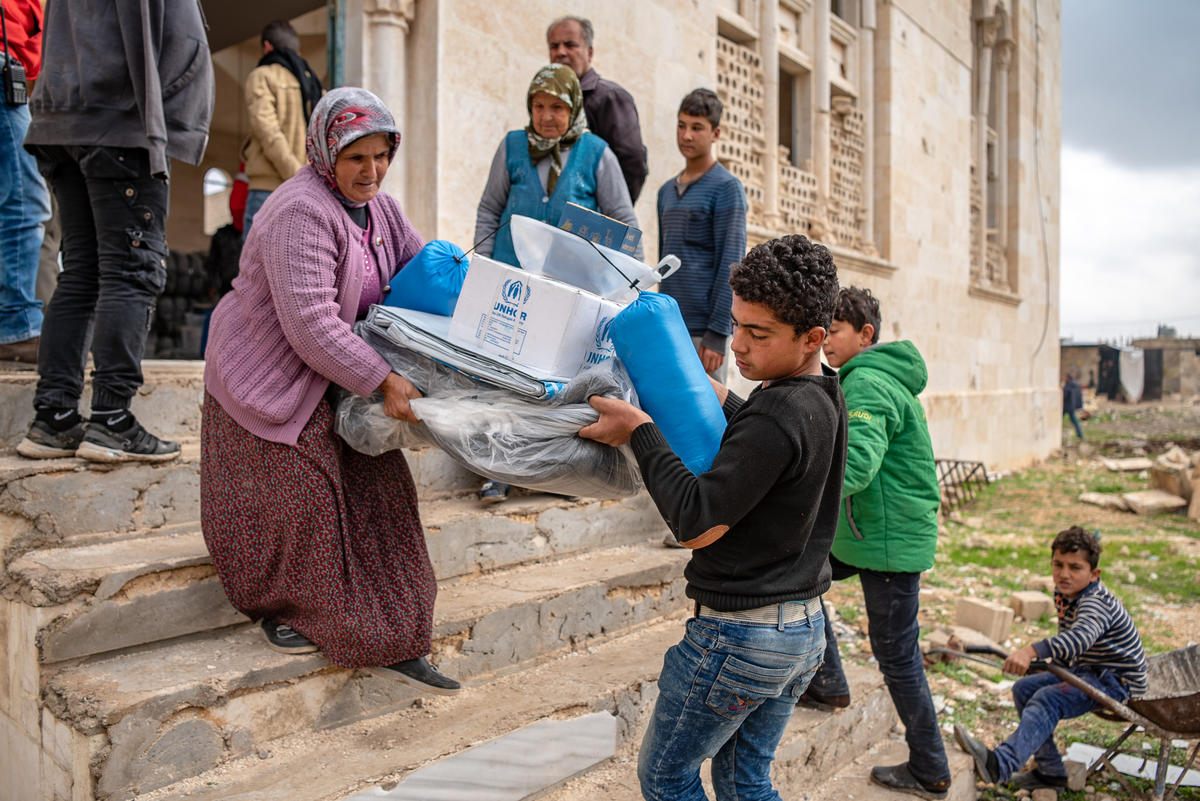Regional NGO consultations hosted in Nairobi for the East, Horn of Africa and Great Lakes region
Regional NGO consultations hosted in Nairobi for the East, Horn of Africa and Great Lakes region

NAIROBI, Kenya - UNHCR, the UN Refugee Agency, hosted its first ever regional consultations with hundreds of civil society actors including local non-governmental organizations (NGOs) and refugee-led organizations from the East and Horn of Africa and the Great Lakes region and beyond from 28 June – 1 July. The four-day consultations that took place virtually, reviewed progress, challenges, and opportunities regarding engaging more local NGOs within the region, and how refugee inclusion can be enhanced particularly during the Covid-19 pandemic.
“The COVID-19 pandemic has undoubtedly reemphasized the importance of working with local NGO partners,” said UNHCR’s Regional Bureau Director Clementine Nkweta-Salami. “They are most often on the front lines piloting innovative approaches, having the closest relationships with refugees, and other forcibly displaced persons and host communities, so their expertise and knowledge is quite crucial.”
The consultations were centered on localization of humanitarian action, the socio-economic inclusion of refugees in the context of Covid-19, and the implementation of Global Refugee Forum pledges. In addition, UNHCR’s Strategic Framework for Climate Action and collaboration with NGOs to address related challenges including climate-induced forced displacement was discussed.
“The success of these first consultations for the region is due to the active participation of all actors, especially NGOs and refugee-led organisations,” said the International Council of Voluntary Agencies’ Regional Representative for Africa Marco Rotelli. “The complementarity clearly emerging from the diversity of participants - local, national, regional and international - reassures us that the path for collective action and collaboration we are currently on, will bring results for the forcibly displaced and the communities that host them. It’s up to all of us to nurture it with determination and perseverance.”
While the principle of localization has been widely endorsed in the humanitarian community including through the Global Compact on Refugees and the Grand Bargain, there is still need for more participation of and partnerships with local actors in finding durable solutions for the forcibly displaced.
“Participating in these consultations was critical for us as a local NGO, who has been working with UNHCR for many years,” said Nile Hope’s Gender and Protection Coordinator Martha Nyakueka Reath who is based in South Sudan. “It was an opportunity for us to learn and share good examples of our work across the region, with other like-minded organizations. We hope that one of the outcomes will be more investment and support to local NGOs and ensure their meaningful engagement, particularly during this pandemic.”
A key priority is also to ensure that organizations established and led by refugees are meaningfully engaged as part of the humanitarian response.
“Refugee-led organizations, like ours, should be empowered to participate in finding sustainable solutions for refugees and other displaced people as they have first-hand experience on the challenges faced by people forced to flee,” said Vasco Asimi, Operations Manager for Resilience Action International based in Kenya. “These consultations have provided a good foundation to create an enabling space for refugee-led organizations to become equal partners in finding solutions to problems facing refugees.”
Recommendations from this year’s regional consultations will inform future global consultative processes including the High-Level Officials Meeting on the Global Compact on Refugees in December 2021.
“We remain committed to develop and support processes and efforts of NGOs that enable refugees and host community members to play a more substantial role in setting up responses that are accessible, inclusive and matched to their needs,” Nkweta-Salami added.
In addition to the pandemic, the consultations were held at a time when increasing conflict and impacts of climate change have led to 2 million people becoming newly displaced in Ethiopia, Somalia and Sudan in 2020 alone.
More information on the event can be found here.
For more information, please contact:
In Nairobi (regional), Faith Kasina, [email protected], +254 113 427 094









